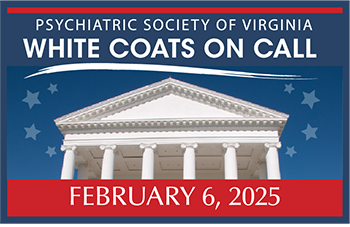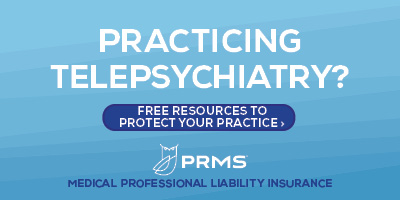By Dimal D. Shah, MD
VCU Health System
Richmond, VA
The 2024 APA State Advocacy Conference occurred September 21-22 in Washington, D.C. with early career, mid-career, and late career psychiatrists in attendance. Additionally, a record-breaking number of resident and fellow psychiatrists attended, with more than 50 participating.
Topics discussed ranged from defining scope of practice, to innovative programs to recruit medical students to a career in psychiatry. Importantly, the conference discussed the prominent role that advocacy plays in a busy psychiatrist’s career. Advocacy is not only testifying at the United States Congress, but an everyday occurrence in a psychiatry practice. Every psychiatrist is an advocate. Psychiatrists are advocates when completing prior authorizations for psychotropic medications, requesting more clinical resources for their clinics or communities, writing opinion editorials in newspapers, or being interviewed for podcasts or other media platforms. Some psychiatrists advocate more than others, and in their preferred methods.
Despite the platform, a key element to advocacy is storytelling. According to Holly Amaya, presenter at the conference and co-founder of Story Imprinting, every good story has a setting, characters, plot, theme, conflict, resolution, and details. The story is the hook that draws the listener in and keeps them captivated. A good story can be recalled days and weeks later. Crafting this story narrative is commonly overlooked but an essential part of advocating.
I encourage you to practice storytelling with people who are not physicians and those willing to point out medical jargon. It may take time and practice to get it perfect. It is not perfection that is needed, it is persistence. It may be time medical education incorporate formal and mandatory advocacy curricula for medical students and post-graduate medical trainees. A good start for any novice or expert advocate is by visiting the APA website at https://www.psychiatry.org/psychiatrists/advocacy.







